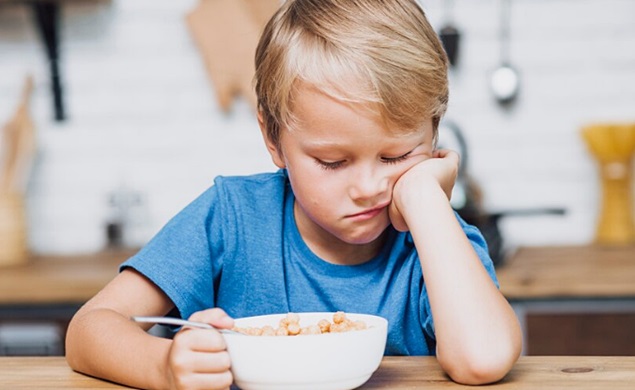1168

Baby Food Industry Under Fire: High Sugar, Low Nutrition, and Misleading Claims
A recent BBC Panorama investigation, echoed by FoodNavigator, has raised serious concerns about the nutritional quality of leading baby food brands. Major players in the UK and European market are being accused of misleading parents with products high in sugar and low in essential nutrients such as iron.
🧁 Pouches Packed with Sugar, Lacking in Iron
Testing of top-selling pouches revealed alarmingly low iron content across all products—none of them meeting even half of the recommended daily intake (7.8 mg for babies and toddlers). The best-performing product provided just 1 mg per pouch, while the worst had as little as 0.1 mg.
Iron levels per pouch:
- Little Freddie Butternut Squash & Red Lentils: 1 mg
- Ella’s Kitchen Spag Bol: 0.7 mg
- Aldi Mamia Bangers & Mash: 0.5 mg
- Lidl Lupilu Chicken Casserole: 0.4 mg
- Piccolo Butternut Squash Mac & Cheese: 0.1 mg
- Heinz Sweet Potato Chicken & Veg: 0.325 mg
Meanwhile, sugar content in fruit pouches exceeded NHS guidelines for free sugars in many cases:
- Aldi Mamia Banana & Apple: 17 g
- Lidl Lupilu Apple & Strawberry: 12 g
- Heinz Apple: 12 g
- Ella’s Kitchen Banana: 13 g
Only Piccolo and Little Freddie remained under the UK-recommended 10g/day for 1-year-olds.
🧠 Experts Slam the Industry
“They’re deceiving parents,” said Dr. Vicky Sibson, director of First Steps Nutrition Trust. “They make them believe these are healthy choices, when they’re not.”
“If people knew the damage done to a generation of children’s teeth, they might reconsider,” added Eddie Crouch, Chair of the British Dental Association.
🏷️ Industry Response: Defensive but Open to Reform
Brands like Ella’s Kitchen have pushed back, emphasizing the natural presence of sugars in fruits and highlighting their efforts to reformulate:
- 13% sugar reduction in their best-selling range (2023)
- Ongoing work to improve textures and nutrient density
Still, critics argue that the industry's focus on sweetness and convenience comes at the expense of infant health and nutrition.
⚠️ Calls for Stricter Regulation and Reformulation
The Panorama findings align with rising EU-wide concerns about ultra-processed baby foods, high in sugar and salt. Regulatory changes are already underway:
- Sugar taxes
- Advertising restrictions
- School meal reform
These measures are pressuring manufacturers to reformulate products without compromising palatability.
🥄 New Entrants Seek to Disrupt the Status Quo
Emerging brands such as Joey’s Family Food are advocating for higher standards:
“Innovation has ignored nutrition,” says co-founder Libby Gower. “Companies exploited a vulnerable consumer group without pressure to improve—until now.”
💶 Market Outlook: Big Business, Bigger Responsibility
Europe’s baby food and beverage market is valued at $28.4 billion (€24.5 billion) and is projected to grow at 5.6% CAGR, according to ResearchAndMarkets. With many parents relying on ready-made meals due to time constraints, the stakes are high.
“This part of the food industry deserves closer scrutiny—and can certainly do better,” said Dr. Alison Tedstone, former chief nutritionist at Public Health England.
(Photo; Freepik)





